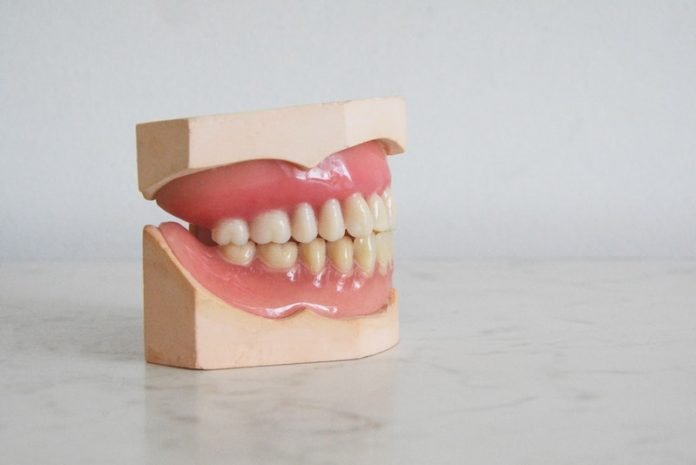
Current advice from the America Dental Association tells you that if your gums bleed, make sure you are brushing and flossing twice a day because it could be a sign of gingivitis, an early stage of periodontal disease.
However, in a new study from the University of Washington, researchers found that people should also check their intakes of vitamin C.
In the study, the team analyzed published studies of 15 clinical trials in six countries, involving 1,140 healthy participants, and data from 8,210 U.S. residents surveyed.
The results showed that bleeding of the gums on gentle probing, or gingival bleeding tendency, and also bleeding in the eye, or retinal hemorrhaging, were linked to low vitamin C levels in the bloodstream.
And, the researchers found that increasing daily intake of vitamin C in those people with low vitamin C plasma levels helped to reverse these bleeding issues.
Of potential relevance, both a gum bleeding tendency and retinal bleeding could be a sign of general trouble in one’s microvascular system, of a microvascular bleeding tendency in the brain, heart and kidneys.
The study does not imply that successful reversing of an increased gingival bleeding tendency with vitamin C will prevent strokes or other serious health outcomes.
However, the results do suggest that vitamin C recommendations designed primarily to protect against scurvy — a deadly disease caused by extremely low vitamin C levels — are too low, and that such a low vitamin C intake can lead to a bleeding tendency, which should not be treated with dental floss.
Consequently, the team does recommend people attempt to keep an eye on their vitamin C intake through the incorporation of non-processed foods such as kale, peppers or kiwis into their diets, and if they can’t find palatable foods rich in vitamin C to consider a supplement of about 100 to 200 milligrams a day.
If someone is on a specialized diet, such as a paleo diet, it’s important that they take a look at their vitamin C intake. Vitamin C-rich fruits such as kiwis or oranges are rich in sugar and thus typically eliminated from a low-carb diet.
This avoidance may lead to a vitamin C intake that is too low and is associated with an increased bleeding tendency.
People who exclusively eat lean meats and avoid offal, the vitamin-rich organ meats, maybe at particularly high risk for a low vitamin C intake.
The association between gum bleeding and vitamin C levels was recognized more than 30 years ago. In fact, two studies identified gum bleeding as a biological marker for vitamin C levels.
However, this connection somehow got lost in dental conversations around bleeding gums.
The study is published in Nutrition Reviews. One author of the study is Philippe Hujoel.
Copyright © 2021 Knowridge Science Report. All rights reserved.



